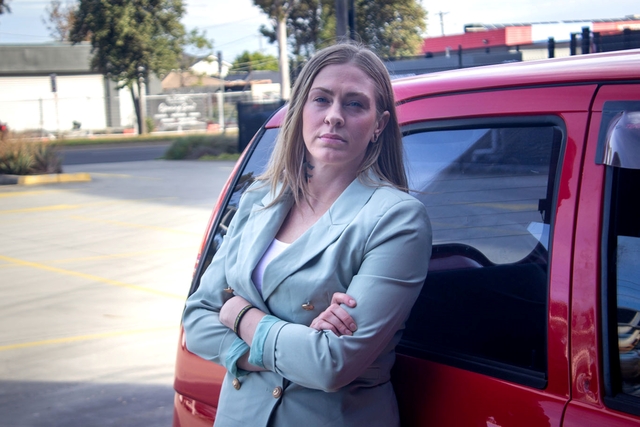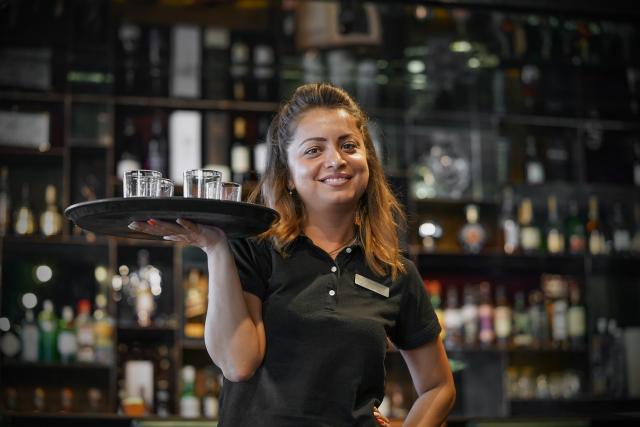A campaign to give medicinal cannabis users an exemption to drive with traces of the drug in their systems is being strongly advocated for in Melbourne’s west.
Tradies and parents prescribed medicinal cannabis have joined with Western Metropolitan MP David Ettershank and Legalise Cannabis party member Rachel Payne to launch a campaign, pushing for altered driving laws.
They are advocating for the state government to immediately establish a legal defence for medicinal cannabis prescription holders who are charged with the presence of drugs in their system, if the medication was taken in accordance with a prescription and they were not impaired when tested.
The campaign follows the government’s announcement that it has partnered with Swinburne University on an 18-month, $4.9 million trial to determine whether Victorians who use medicinal cannabis can drive safely.
The Legalise Cannabis Party said the legal defence needed to be introduced now, rather in a couple of years’ time once the trial is complete.
Ms Payne said former premier Dan Andrews had promised to address the issue in 2023.
“Now, with a new premier, it’s mid-2026 at best. She’s in the slow lane,” Ms Payne said.
“How many times will this government betray patients when it comes just giving an answer on medical cannabis driving?
“Around three per cent of Australians use cannabis for medical purposes, but any trace elements of the cannabinoid, tetrahydrocannabinol (THC) in your system, despite being unimpaired, will automatically result in a loss of licence.
“Victorian Police carry out about 150,000 random roadside drug tests every year … these saliva tests do not determine whether a driver is impaired … often just small traces from medication consumed days before that have no impact on driving.”
Mr Ettershank said it is time for Victoria to align its laws with other areas of the country, such as Tasmania, where exceptions are made.
“More than a million medicinal cannabis prescriptions have been issued in Australia. In Tasmania medical cannabis prescription holders have a legal defence and don’t lose their license if unimpaired but traces of cannabinoid chemicals are in their system,” he said.
Alice Davy, who lives in Melton, is a single mother who has stage-four endometriosis and multiple sclerosis, and a turned to medicinal cannabis after using countless other medications which failed to help her conditions.
“I was very sick, cannabis saved my life. I can now maintain a healthy weight. I’m calmer for my kids and the severe tremor in my right hand is gone,” she said.
Ms Davy never drives when she is impaired and believes medicinal cannabis has improved her driving.
“Of course, I follow my doctor’s directions – a doctor is the expert to tell you how to take a medication,” she said.
“Despite the law, I keep taking medicinal cannabis because I don’t have a choice. My life before medicinal cannabis is not an option.
“I am sure our premier would know someone with a terminal illness or autoimmune condition who would benefit from medicinal cannabis.”
A state government spokesperson ensured work was being complete to get the trial under way.
“Victoria was the first state in Australia to legalise access to medicinal cannabis – now, we’re the first in the world to test how it affects real-world patients in real-world conditions,” the spokesperson said.
“There is nowhere in the world that has a standard way of measuring impairment when it comes to medicinal cannabis.
“We will never compromise on road safety, and that’s why we’ve engaged Swinburne in this world first trial to take an evidence-based approach to ensure we get this right.”







